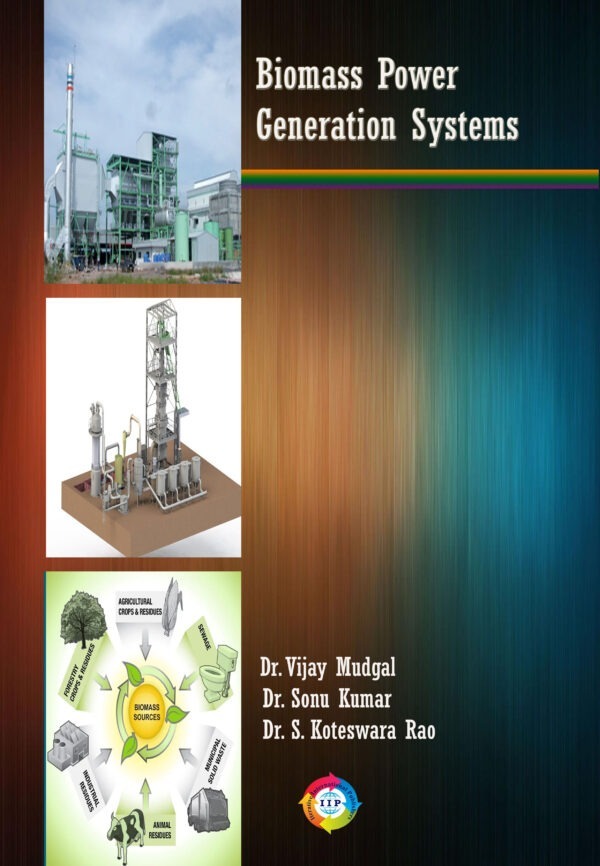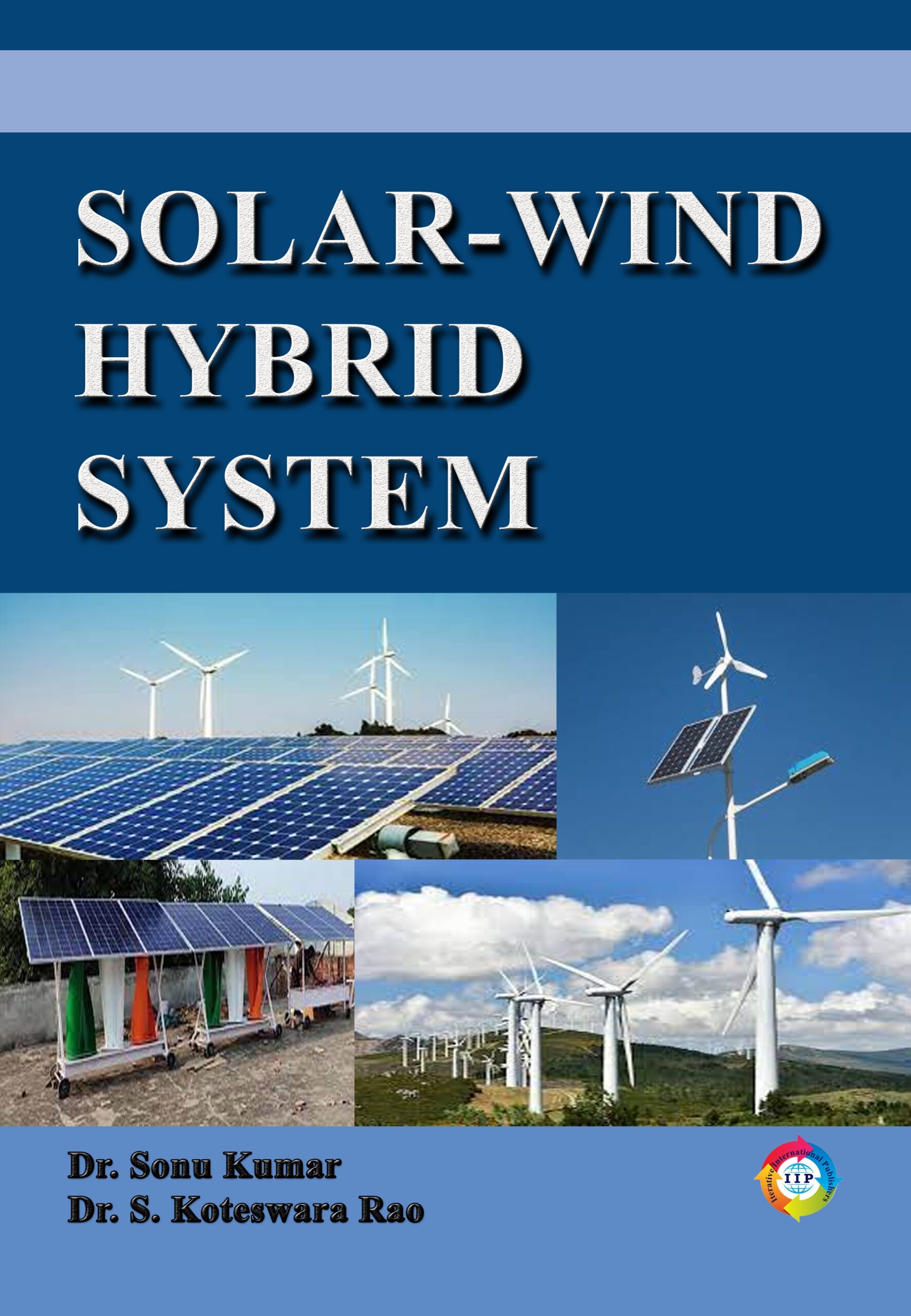In many countries, biomass remains as an essential source of fuel, particularly for the preparation of food and the heating applications at homes in underdeveloped nations. To reduce the amount of carbon dioxide released into the atmosphere by the combustion of fossil fuels, many industrialized nations are shifting toward biomass fuels based power-generation and transportation. The chemical energy that comes from the sun is stored in biomass. Photosynthesis is the process through which plants make biomass. Biomass sources for energy include, wastes and wood resulting from the processing of wood, agricultural products and waste materials, organic waste and wastewater. Several different processes such as photosynthesis, fermentation, combustion, thermo chemical transformation, chemical reactions, converting into gaseous and liquid fuels may turn biomass into usable energy.
Biomass feed stocks can be sourced from wherever they are most readily available, whether that’s a farm, a forest or a city. Biomass might theoretically be produced wherever that plants or animals can endure, and there is a wide variety of feed stocks from which to choose. Biomass can be converted into ethanol via fermentation. Renewable natural gas can also be produced by anaerobic digestion of biomass. Biomass can be used to provide sustainable electricity, heat and even fuel for vehicles i.e. bio fuels. The current share of bio fuels in total fuel consumption is very low and is majorly confined to a 5% blending of ethanol in gasoline. Although biodiesel is not currently available for purchase on the fuel market in India, the Indian government has intentions to promote it very soon as India generates around 450–500 million metric tons of biomass every year.
This book is an outcome of our experience of conducting research activities on Biomass power generation systems. Recent developments, trends and challenges are discussed, along with the practical difficulties and solutions now being used in the industry. This book has potential utility for academics, professionals and trainers. This book includes a total of ten chapters. It covers introduction to biomass, different types, bio-mass spectrum, high performance fossil fuel based systems, biomass conversion technologies, steam based systems, biomass based power generation in Indian context, hybrid systems for power generation, barriers in its adoption and economic analysis of biomass power generation.
This book contains wealthy information about biomass based systems, how to operate the system effectively and a variety of useful activities. As it covers a wide range of topics after reading it, the readers will have a good grasp of understanding about biomass based systems, fundamental ideas. It can be a great resource for the beginners who are starting their research studies on biomass based systems. The goal of this book is to provide a solid foundation for people looking to learn about basics of biomass power generation systems effectively. It can provide readers better understanding about biofuels, bioenergy, conversion technologies and their application; insights into the various aspects of bioenergy and the importance of renewable energy in the current scenario.











Reviews
There are no reviews yet.